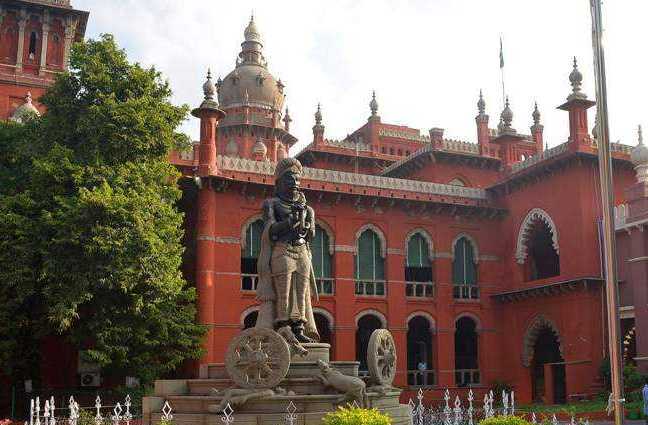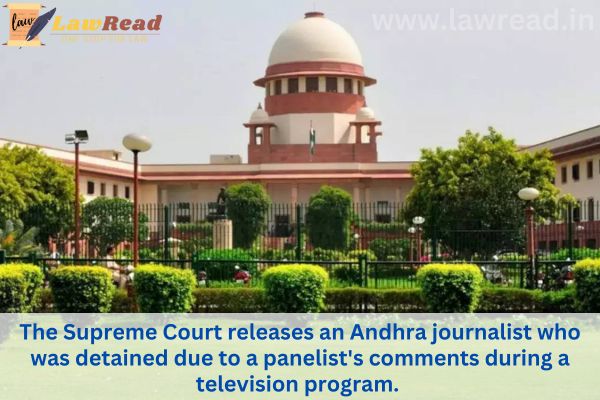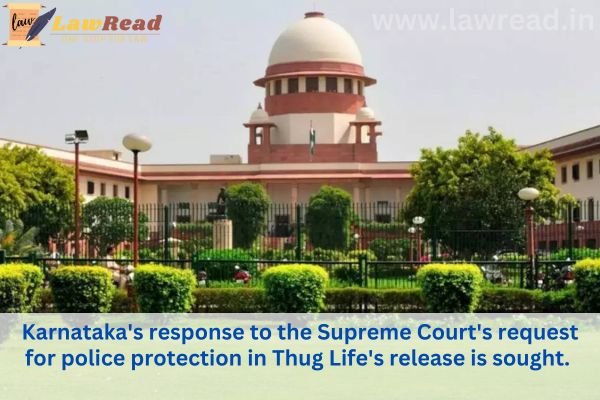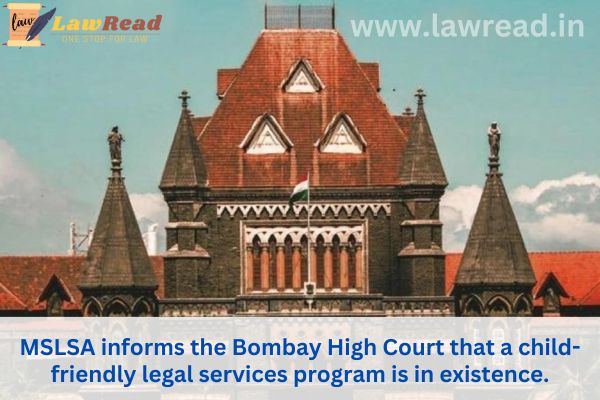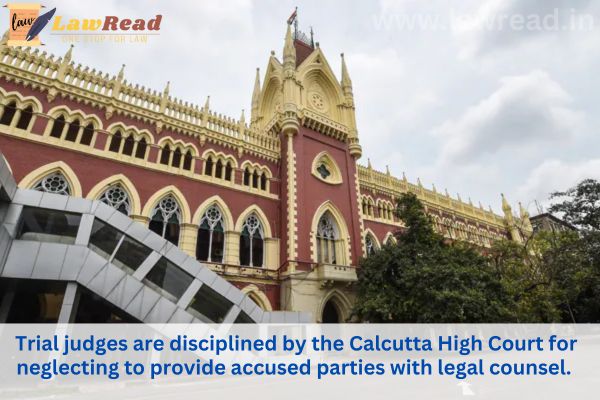News
In the UAPA case, the Delhi High Court denies a Kashmiri separatist leader bail.
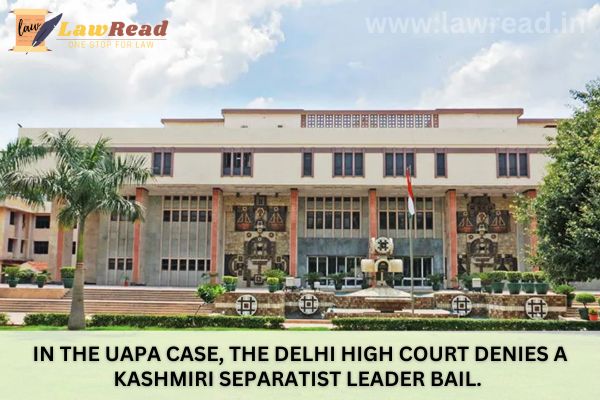
The Court ruled that the right to free speech could not be abused to make divisive remarks that went against the nation's integrity and interests.
Shabir Ahmad Shah, a Kashmiri separatist leader, filed an appeal against the National Investigation Agency's (NIA) special court's decision to deny his bail request, but the Delhi High Court recently dismissed it [Shabir Ahmed Shah v. National Investigation Agency].
The charges against Shah seem to be accurate on the surface, according to the Bench of Justices Shalinder Kaur and Navin Chawla.
It goes without saying that the learned Trial Court formulated the charges, and there are good reasons to think that the Appellant's charges seem to be accurate on their face in order to decide the plea of Regular Bail. The Court said, "The appellant has failed to fulfill the obligation placed on him to get bail.
Under the Indian Penal Code and the Unlawful Activities (Prevention) Act, the NIA had filed a complaint against Shah and other accused individuals for plotting to secede Jammu & Kashmir from India.
They were allegedly involved in secessionist activities in Kashmir and belonged to a number of terrorist organizations and illegal groups, according to the agency. Shah, the leader of the Jammu Kashmir Democratic Freedom Party (JKDFP), is accused of sponsoring terrorism and organizing violent demonstrations, such as stone-throwing.
Shah's co-accused are Yasin Malik and Abdul Rashid Sheikh.
The Court noted that Shah is the target of overwhelming evidence and that there is a chance that witnesses would influence and tamper with the evidence.
"Being a Chairman of the illegal organization JKDFP, it cannot be ruled out that he would not engage in similar unlawful activities and may attempt to tamper with evidence as well as influence witnesses who are yet to be examined," the Court said, citing the appellant's involvement in several cases of a similar nature.
Additionally, it ruled that the right to free speech could not be abused to make divisive remarks that went against the nation's integrity and interests.
"The Indian Constitution undoubtedly guarantees the right to free speech and expression, but it also imposes fair limitations on things like public order, decency, morality, or encouragement to crime, among other things. This privilege cannot be abused by holding rallies when someone makes divisive remarks or encourages the populace to engage in illegal activity that is harmful to the nation's interests and integrity.
It was also seen that Shah had failed to apply for bail in several previous cases in which he was charged.
"What is evident is that the Appellant has multiple FIRs registered against him involving grave offences, and what remains a mystery is, if a Bail application had been filed, the result thereof, and if not, then why?"
The Court denied Shah's request to remain under house arrest in addition to dismissing his bail plea.
Shah was represented by Senior Advocate Colin Gonsalves and Advocate Kamran Khwaja.
NIA was represented by Special Public Prosecutor Akshai Malik, Senior Advocate Sidharth Luthra, and Advocates Ayush Agarwal, Khawar Saleem, and KP Rustom Khan.

